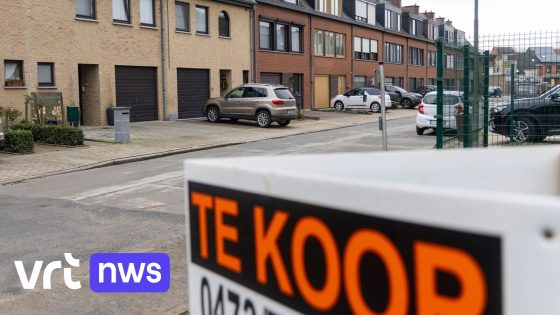Healthy school meals have become a hot topic in Belgium, sparking debate on how best to fund and implement them. As of 2025-05-04 12:48:00, discussions continue around proposals like charging 73 euros per child to ensure nutritious food in schools. Different regions, including Bruges and Affligem, are weighing the costs and practical challenges of such measures.
- 73 euro fee for healthy school meals debated
- Brugge opts alternative approach, costly plan
- Affligem hesitates over practical implementation issues
- Flemish government funds healthy meals, partial coverage
- Subsidy for healthy food becomes diluted version
- Compromise subsidies divert government from core tasks
The Flemish government is stepping in with millions earmarked for healthy school meals, but not every child will benefit from free meals. This partial subsidy approach has drawn mixed reactions, highlighting the complexities of balancing public health goals with budget constraints.
With these developments unfolding, what does this mean for Belgian families and schools? Let’s explore the key points and implications of the ongoing debate.
Is charging parents 73 euros per child a fair way to promote healthy eating at school? Or should the government fully fund these meals? The current compromise reflects broader challenges:
- Bruges estimates an 800,000 euro cost for implementing the fee, opting for alternative approaches instead.
- Affligem remains hesitant, citing unresolved practical issues around the fee system.
- The Flemish government’s subsidies aim to encourage healthy meals but fall short of universal free access.
- Critics argue that small subsidy deals distract the government from its core responsibilities.
As Belgium navigates these challenges, ongoing dialogue and innovation will be crucial. Will a balanced, sustainable solution emerge that benefits all children? Stakeholders must stay engaged to ensure healthy school meals become a reality for every student.




























